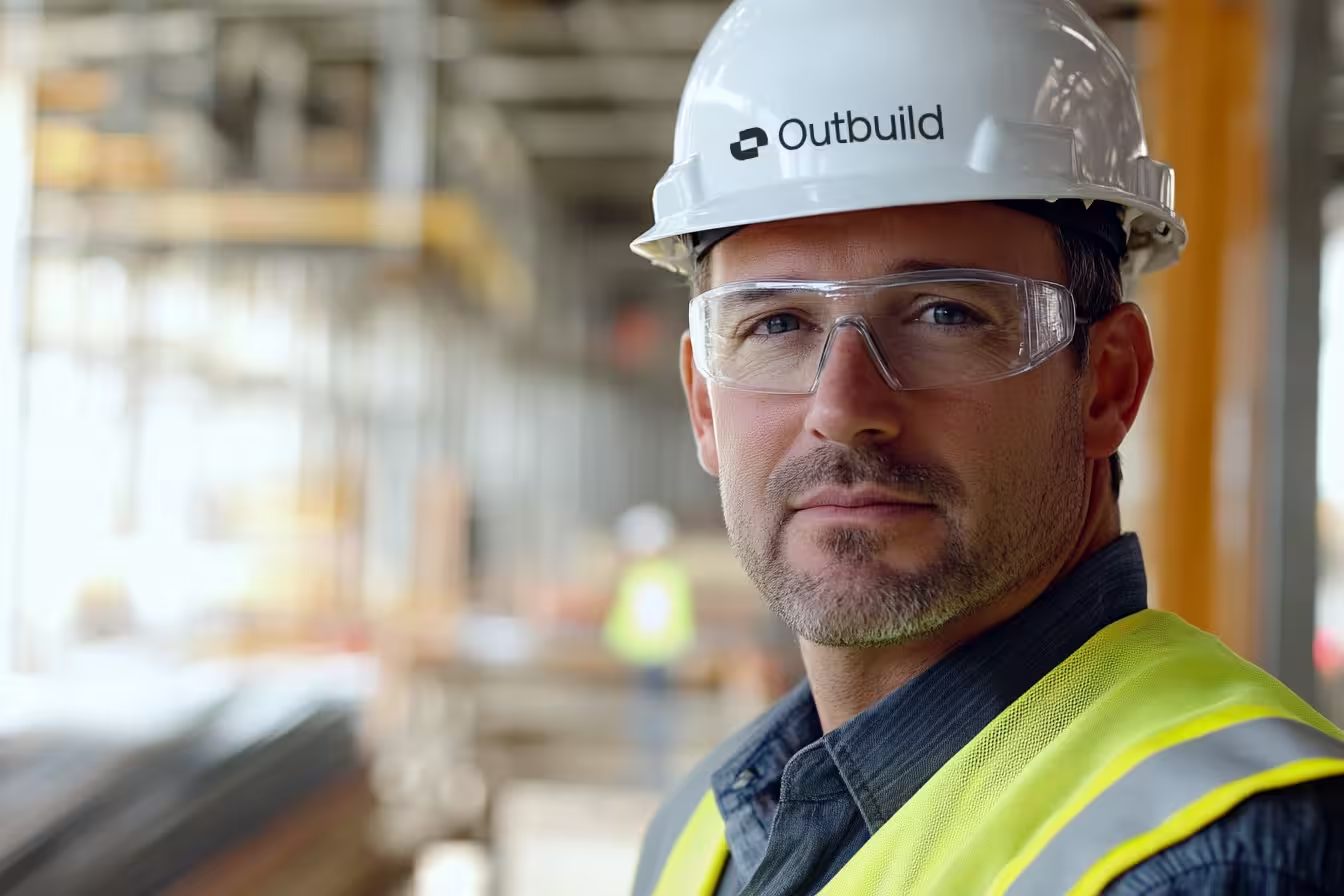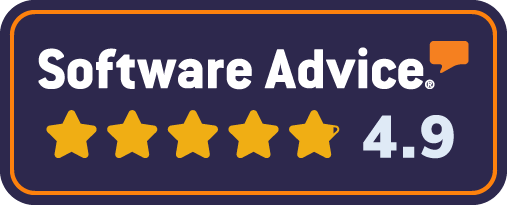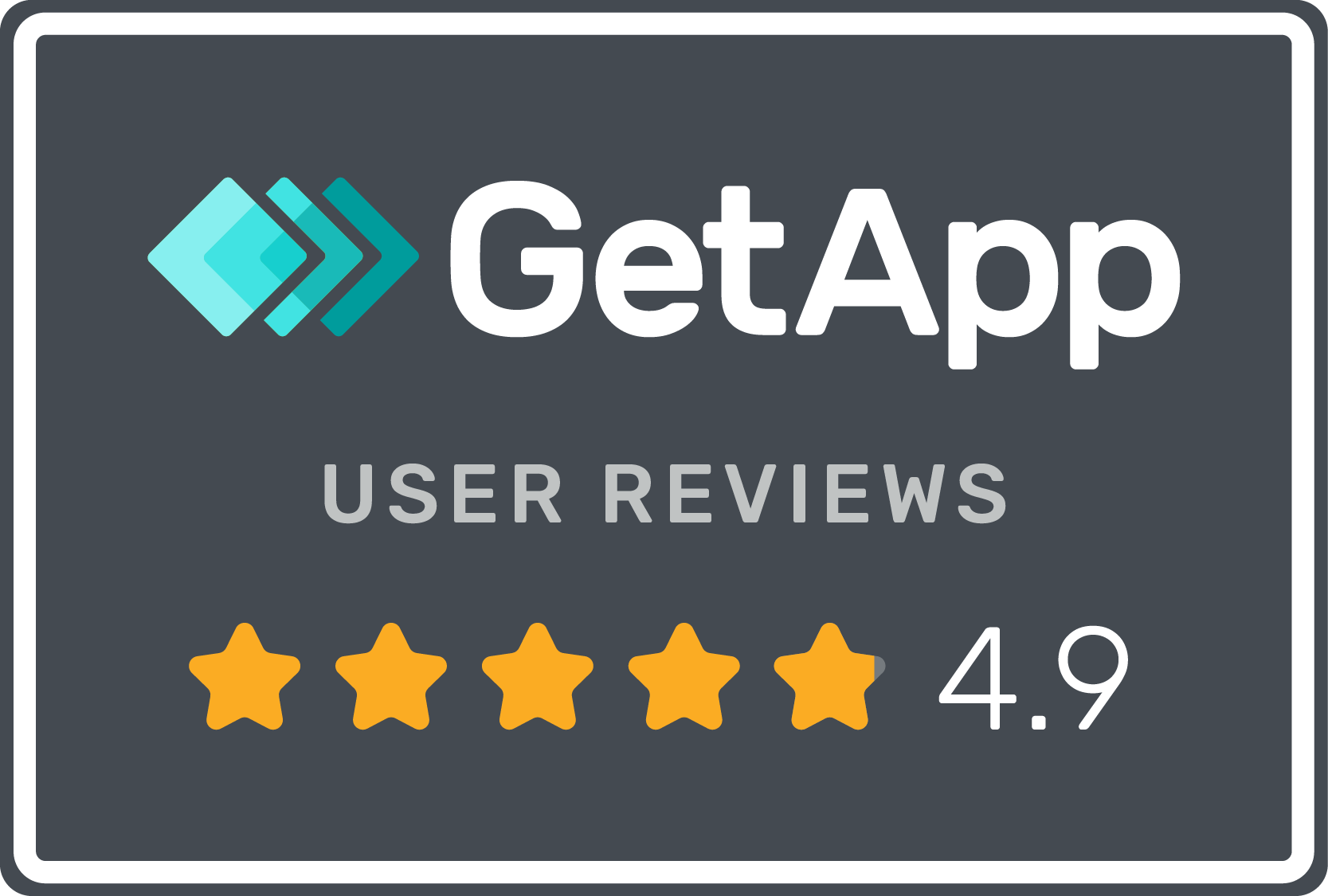Outbuild is online scheduling software to work together on connected project schedules and look-aheads, enabling everyone to move faster.
Key Takeaways
Table of contents
- Understanding Artificial Intelligence in Construction
- Construction and AI
- AI Applications in Construction
- Benefits of Artificial Intelligence in Construction
- Emerging Trends in AI and Construction
Artificial Intelligence (AI) is changing the construction industry. It offers new solutions to old problems like labor shortages, rising costs, and complex project needs. By enhancing efficiency, improving safety, and overall project outcomes, AI is becoming an important tool in modern construction practices.
Definition and Key Concepts
Artificial Intelligence in the construction industry means leveraging smart computer systems. These computer systems can do tasks that usually need human thinking. They can analyze data, make decisions, and spot patterns.
A few key concepts include:
- Machine learning, where algorithms get better with experience
- Deep learning uses neural networks that act like the human brain
- Predictive analytics to leverage historic data and make proactive decisions
In the construction industry, these technologies look at large amounts of data. They find patterns and make predictions. This helps with better decision-making and improves project efficiency for construction companies.
Several AI technologies are transforming the construction industry:
- AI and Machine Learning in Construction: These systems learn from data without needing specific programming. This leads to better scheduling, less risk, and smarter resource use on job sites.
- Natural Language Processing (NLP) & Speech Recognition: Allows machines to understand and respond to human language. This allows for better communication in project management. Speech recognition is a part of NLP. It changes spoken language into text, like Procore's quick capture. This is helpful for hands-free reporting and communication on noisy construction sites.
- Computer Vision: Enables machines to interpret visual data from images and videos, useful for site inspections and monitoring progress.
- Robotics: Automated machinery performs repetitive tasks with precision, enhancing productivity and allowing skilled workers to focus on complex tasks.
- Predictive Analytics uses past data and machine learning to predict project outcomes. This includes timelines, costs, and risks. It helps in making proactive decisions.
- Predictive Maintenance is a strategy that uses technology and data to watch how equipment works. It helps maintenance teams know when equipment needs fixing before it breaks down.
- Generative Design: AI algorithms automatically generate multiple design alternatives based on constraints and objectives, optimizing for factors like materials and cost.
- Digital Twins are virtual copies of real construction sites or assets. They update in real time using sensor data and AI. This helps you monitor performance and predict when you need maintenance.

Let’s look into some examples of artificial intelligence in construction
Enhancing Project Planning and Management
Using AI in construction greatly improves project planning and management. It offers data-driven insights that make processes easier and better. Advanced algorithms analyze historical project data to forecast timelines, budget requirements, and resource allocation, allowing project managers to make informed decisions.
For example, Trimble uses AI to connect RFIs, punch lists, change orders, and more to a drawing. This way, everyone on the team can see what they have completed and what they still need to finish.
AI-Driven Safety Measures
Safety is the most important part of an active job site and AI technologies are coming in to make improvements. AI tools look at data from different sources, like wearables, drones and sensors, to check worker health and safety in real-time.
Shawmut Design and Construction is an example of a company that uses AI to check risks, monitor worker compliance, and predict safety incidents. They use various data sources for this.
Predictive Analytics for Project Outcomes
Predictive analytics is one of the most impactful applications of AI in construction. By analyzing historical project data, AI forecasts outcomes such as project completion times and budget adherence.
Companies like Autodesk have created AI tools that give helpful insights. They help teams find and focus on high-risk issues in design, quality, safety, and project controls.
By looking at past project data, these tools help teams see potential problems sooner. This allows them to explore options and fix issues before they cause expensive problems later on.

Robotics and Automation in Construction Tasks
Robotics and automation are transforming construction tasks, making them safer and more efficient.
And, people use drones with AI technology for site surveys and inspections. Teams can quickly gather data and give real-time insights through live site monitoring. This helps teams track progress and spot issues from above.
Smarter Supply Chain and Inventory Management
Managing materials and equipment on a construction site can be complex. AI predicts the necessary supplies and their timing. This avoids delays caused by missing materials and reduces waste from over-ordering.
For example, Kewazo, a construction robotics company, combines robotics and AI to optimize material delivery on job sites. Their smart robotic lift system reduces manual labor. It ensures that materials arrive where and when someone needs them.
AI and Green Building in Construction
AI supports green building efforts by analyzing how materials, energy, and time are used. It can help reduce carbon emissions, limit waste, and improve energy efficiency. For example, AI might recommend using recycled materials or adjusting schedules to reduce fuel use. These insights make it easier for construction teams to meet goals while also saving money.
Arup is a global engineering and design firm. They use AI to improve green building practices. Their AI tools, like Terrain and UHeat, use machine learning and satellite images. These tools model how climate change affects urban areas.
Better Bid Management and Estimating
Creating accurate bids and cost estimates can take a lot of time and guesswork. AI tools can analyze past project data to quickly generate reliable estimates. They also help identify which jobs are most likely to be profitable.
Autodesk Takeoff and ProEst are powerful tools that automate key tasks like quantity takeoffs, cost estimating, and data analysis

Improved Efficiency and Productivity
The integration of AI in construction leads to improved efficiency and productivity across various processes. By automating repetitive tasks, AI frees up human workers to focus on more complex and creative aspects of projects.
The use of artificial intelligence in construction industry helps improve scheduling and resource use. It ensures the right materials and workers are available when needed. This reduces downtime and increases productivity.
Cost Reduction and Resource Optimization
Cost management is a critical aspect of construction projects, and AI contributes significantly to cost reduction. By providing accurate forecasts and optimizing resource usage, AI helps organizations avoid overspending and waste.
AI algorithms analyze material usage patterns and suggest more efficient procurement strategies, reducing costs and minimizing waste, contributing to more sustainable construction practices.
Faster Decision-Making with Real-Time Insights
AI tools help teams make quicker, more informed decisions by analyzing data in real-time. AI assists teams by providing prompt and accurate feedback. This reduces delays and helps projects stay on track.
Integration with Smart Technologies
The integration of AI with smart technologies is reshaping the construction landscape. Smart sensors, IoT devices, and AI algorithms work together. They create smart construction sites that check conditions and improve processes in real-time.
Smart sensors track environmental conditions like temperature and humidity. They send this information to AI systems. The AI then adjusts project schedules or material use based on the data. This supports quality control and energy efficiency as well.
Impact of AI on Workforce Dynamics
As AI technologies become more prevalent in construction, their impact on workforce dynamics is significant. Some people worry that automation will cause job losses. However, experts expect AI to create new jobs and opportunities that support the overall project lifecycle.
Construction managers and other workers must adjust to new technologies. They need to learn skills in AI management and data analyzing. This creates a chance for up-skilling and re-skilling the workforce.
What are the common challenges of AI adoption?
Despite the numerous benefits of AI, its adoption in the construction sector is not without challenges. One primary hurdle is the initial cost of implementation, which can be significant for smaller firms.
Additionally, there may be resistance to change from workers accustomed to traditional methods. Data quality and availability also pose challenges, as AI systems require accurate and comprehensive data to function effectively.

What types of companies benefit most from AI in construction?
While large firms may be early adopters, small and mid-sized construction companies can also gain from AI. Many software tools now offer user-friendly AI features that don’t require deep technical skills. These tools can help smaller teams improve scheduling, budgeting, and job site safety—just like larger firms. As AI becomes more common, it’s becoming more accessible for everyone in the industry.
How can AI transform construction project timelines?
AI transforms construction project timelines by providing accurate forecasts and optimizing scheduling processes. By analyzing historical data, AI identifies potential delays and suggests adjustments to keep projects on track.
AI automates routine tasks, reducing time and speeding up project timelines.
How does Outbuild look at AI technology in Construction?
In a recent community poll, Outbuild customers expressed strong interest in the potential of AI and machine learning within the platform. Many see opportunities for AI to enhance scheduling and planning by learning from patterns, constraints, and past outcomes to improve overall efficiency.
The team is excited to explore what’s next for Outbuild to help teams schedule and plan their projects better. Enhancing this platform with AI features will continue to ensure this is a powerful tool for the industry.
The integration of AI in construction presents a wealth of benefits and opportunities.
AI in the construction industry helps with construction processes, plans, and 3D modeling. These advancements lead to improved project management, enhanced safety, and greater efficiency.
As organizations adopt these technologies, the future of construction looks bright.
Book a demo or start a free trial today to enter the world of better scheduling and be the first to see what Outbuild does with AI in the future
Frequently Asked Questions
Related Articles
Ready to see Outbuild?
Join hundreds of contractors from 10+ countries that are saving money by scheduling better
We’ll be in touch soon!












